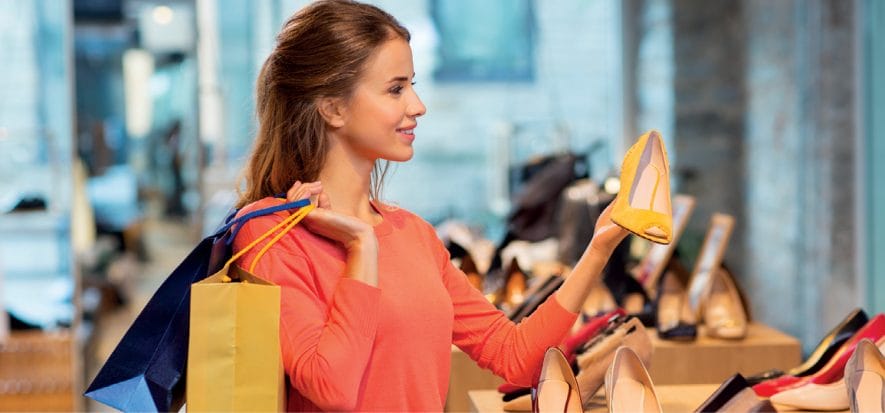To say that we see the light at the bottom of the tunnel, given numbers and projections, is still not possible. But the new consumer guidelines are defined. McKinsey draws up the profile of the luxury client now that Coronavirus has burst into our lives. The public, analysts say, will be more cautious and smart in the way they buy. Above all, it focuses on the combination of “craftsmanship and sustainability”. What does it mean? That they will prefer products with craftsmanship and social and environmental production values. To summarise it in a formula: the era of Silent Luxury begins.
The luxury customer profile
McKinsey conducted the research “A perspective for the luxury-goods industry during and after Coronavirus” together with Camera Nazionale della Moda Italiana and Pitti Immagine. The survey sample, as reported by MFF, consists of 1,000 buyers between the USA and EMEA countries and 80 CEOs. Meanwhile, the first verdicts: 24% of the interviewees said they were spurred on by the lockdown to shop online for the first time. Digital orientation will also remain in the future. 80% of the public, now that the lockdown has ended, still declares themselves cautious: they will prefer small shops to malls, for example, and will still choose brands that can guarantee integrated solutions. Because for 50% of customers, today, the definition of luxury also comprehends shopping in safe places.
Addressing sobriety
“What we expect is a return to silent luxury – comments Antonio Achille, McKinsey’s senior partner and global head of luxury -, that is, towards those brands that invest in craftsmanship and sustainability”. It is an impulse already detected by Bank of America and promoted, so to speak, by top-of-the-range reformists. “To make change possible, it is necessary to slow down, as Giorgio Armani suggested – is the comment by Carlo Capasa, president of CNMI -. What we are thinking of doing is respecting more the rhythm of seasons. Everyone is thinking of working on fewer collections, without drops and over production, probably there will be no need for cruise collections anymore”.
The economic motif
McKinsey does not avoid the task of developing macroeconomic projections. Analysts work out two possible perspectives, depending on the intensity of possible virus outbreaks, for the luxury products market. In the positive variant, a loss of sales of up to 110 billion is expected in the current year, with a recovery in the range of 2/12 billion for 2021. The negative option, however, foresees a drop in turnover up to 140 billion in 2020 with an additional 40/50 billion hole for the next year. “We expect a contraction range from 15% to 40% in 2020 – concludes Achille -. The leather and accessories segment (-15/-35%) performed better than others, above all because the stores reopened and people started buying items such as small bags”.
Shutterstock image
Read also:










